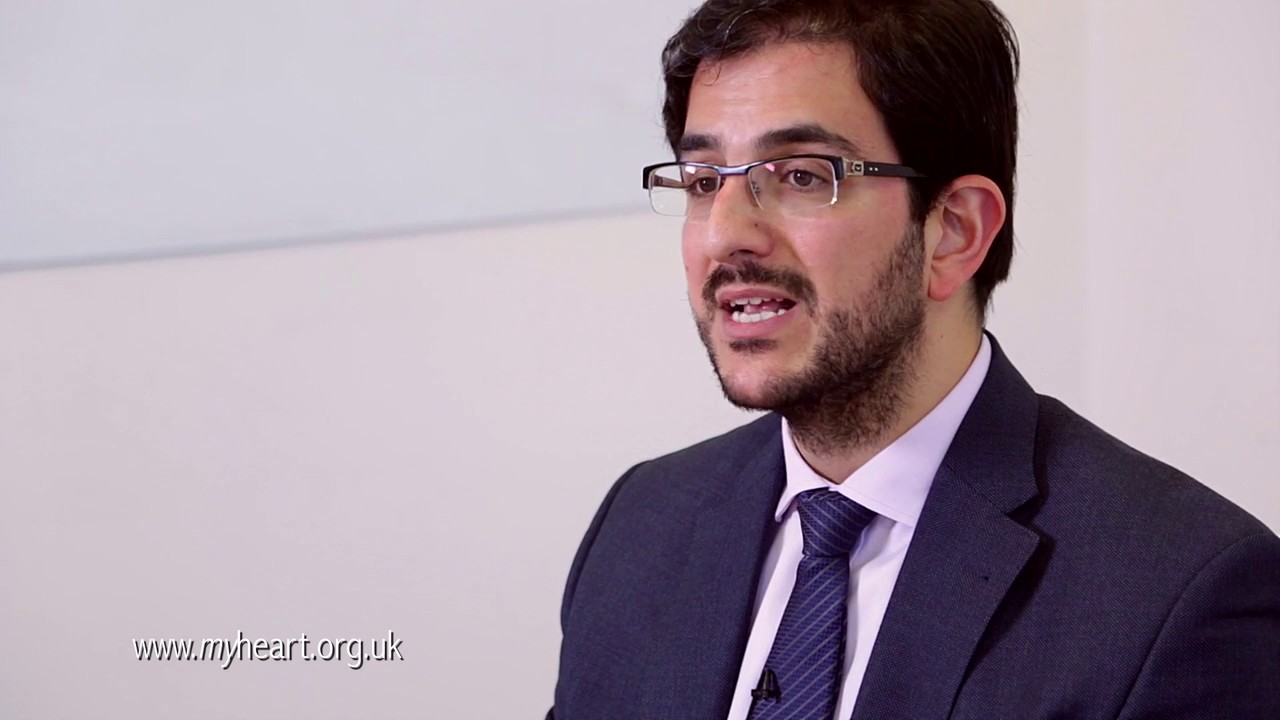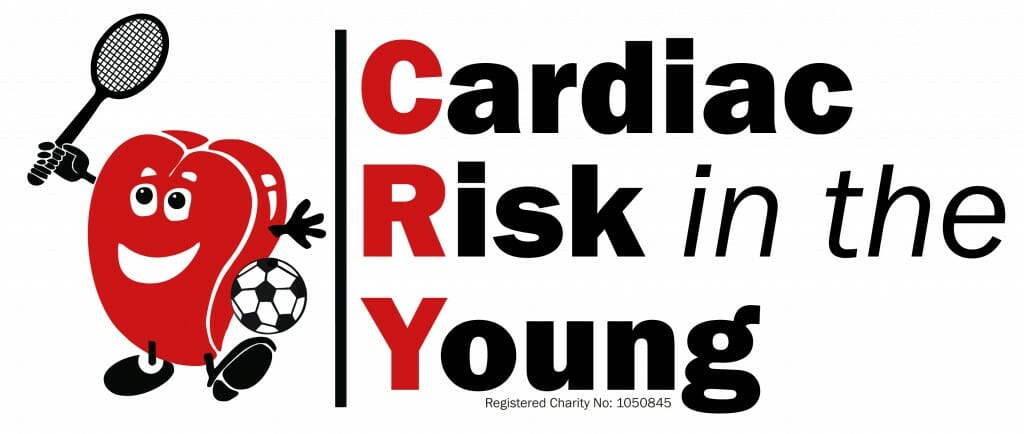Watch CRY’s myheart cardiologist, Professor Michael Papadakis, talk about the reasons to get the settings of an ICD right if you do intensive exercise.

It is very important for individuals who have an ICD that the cardiologist takes a comprehensive history before implanting and after the ICD as to what the intentions of that particular individual are. Let’s give an example for exercise: if someone intends to exercise on a fairly strenuous level, it is important the cardiologists are aware of that because there will be a need to adjust the settings of the intracardiac defibrillator of the ICD. The ICD is a very simple machine- you put the settings in and it works according to those settings. And the way it usually works is that we will put a setting of a particular heart rate, above which, the ICD should get concerned that it may be an irregular heartbeat and it may require some sort of intervention, which in the extreme cases can be a shock. So for individuals who exercise on a regular basis, it’s very important that we establish what sort of heart rate do they achieve during that stint of intense exercise so we can, for example, reset that line- that heart rate- to a higher heart rate and what that will do is it will stop that ICD from recognising that heart rate as an irregular heartbeat and it will also avoid any inappropriate shocks during exercise. And as you realise that’s extremely important when someone exercises intensely in order to avoid an inappropriate shock that can get them into a cardiac arrest and can cause trauma to themselves or even trauma to their teammates around them. The other important thing is that although individuals are not always keen to do that, they disclose to their cardiologist all the other things that they may do, that may cause some harm to their heart or to themselves. That can be anything from taking extreme amounts of sports drinks, or taking any illicit substances for example, individuals who do cocaine or cannabis or other illicit substances- and that’s very important because, although you may not feel the need to disclose that to your cardiologist, you need to be aware that those sort of things may affect your heart rate and may affect the way your ICD functions as well. And it may result to inappropriate shocks which may essentially cause a cardiac arrest or cause some trauma during exercise or even during daily life activities.
